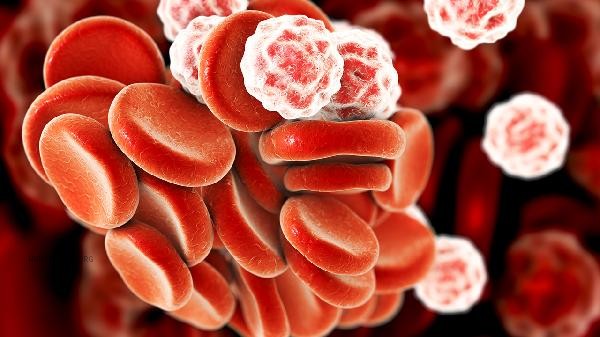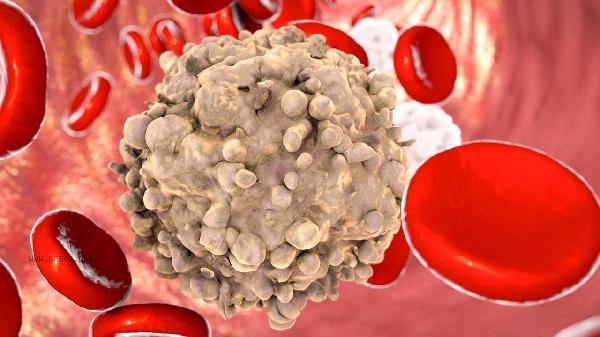Low white blood cell count may be caused by viral infections, drug side effects, immune system diseases, abnormal bone marrow hematopoietic function, malnutrition, and other reasons.
1. Viral infection:

Influenza virus, EB virus, hepatitis virus and other infections can temporarily inhibit bone marrow hematopoietic function, leading to a decrease in white blood cell count. This type of situation is usually accompanied by symptoms such as fever and fatigue, and blood tests show an increase in the proportion of lymphocytes. The decrease in white blood cells caused by viral infection is mostly temporary and will gradually recover as the infection is controlled.
2. Drug side effects:
Chemotherapy drugs, antibiotics, anti thyroid drugs, etc. may directly damage the bone marrow or affect leukocyte production. For example, drugs such as methimazole and chloramphenicol can interfere with DNA synthesis, leading to a decrease in granulocytes. Regular monitoring of blood routine is required during medication, and medication plans may be adjusted if necessary.
3. Immune system diseases:

Autoimmune diseases such as systemic lupus erythematosus and rheumatoid arthritis may produce anti neutrophil antibodies, which can destroy white blood cells in peripheral blood. These patients often have joint pain, rash and other symptoms, and the progression of the disease needs to be controlled through immunosuppressants. 4. Bone marrow hematopoietic abnormalities: Diseases such as aplastic anemia and myelodysplastic syndrome can lead to a decrease in the number or functional defects of hematopoietic stem cells. Bone marrow puncture examination shows a significant decrease in hematopoietic cells, which is often accompanied by a decrease in both red blood cells and platelets in these patients. 5. Malnutrition: Long term deficiency of hematopoietic materials such as vitamin B12, folate, copper, etc. can affect the differentiation and maturation of white blood cells. Vegetarians and patients with gastrointestinal absorption disorders are prone to this condition, manifested as large cell anemia accompanied by leukopenia, which can be improved by supplementing with corresponding nutrients.
It is important to maintain a balanced diet in daily life and consume foods rich in hematopoietic materials such as lean meat, animal liver, and dark green vegetables in moderation. Avoiding excessive dieting or picky eating habits and maintaining a regular daily routine can help maintain immune system function. When symptoms such as repeated infections and persistent fatigue occur, blood routine should be rechecked in a timely manner, and bone marrow examination should be performed if necessary to clarify the cause. For mild leukopenia, it can be improved through nutritional interventions and lifestyle adjustments; Individuals with moderate to severe reduction or other blood cell abnormalities require specialized diagnosis and treatment.










Comments (0)
Leave a Comment
No comments yet
Be the first to share your thoughts!